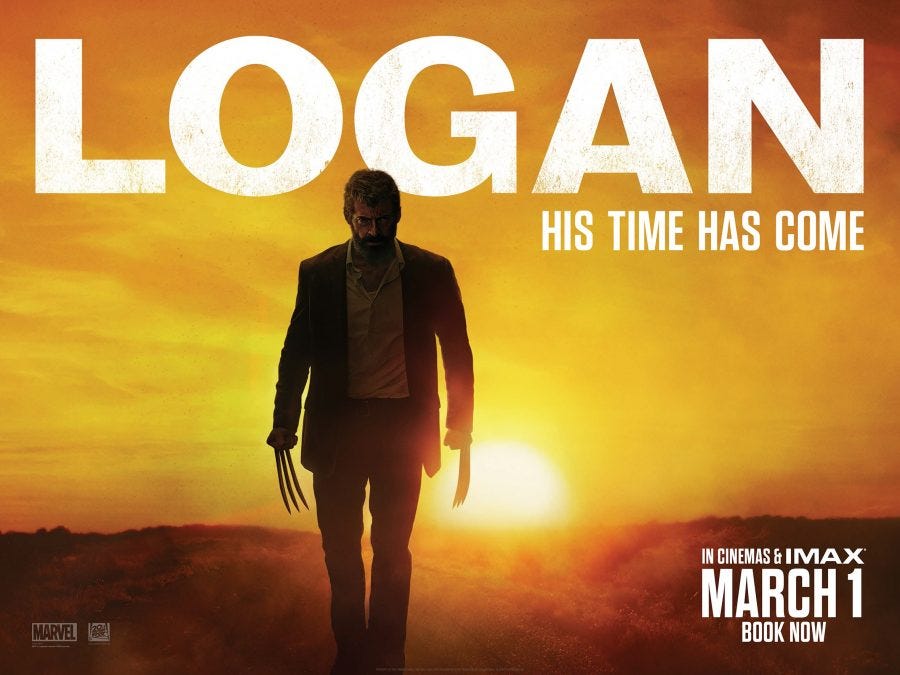The Film Logan

In a cinematic landscape often saturated with flashy superhero spectacles, “Logan” stands apart as a gritty and introspective exploration of humanity, mortality, and redemption. Released in 2017, this film directed by James Mangold served as a swan song for Hugh Jackman’s iconic portrayal of Wolverine, offering a departure from the conventional superhero narrative to delve into the depths of character and emotion.
Set in a near-future world where mutants are on the brink of extinction, “Logan” presents a weathered and weary Wolverine, whose healing abilities are waning and whose legendary ferocity has taken its toll on his psyche. Jackman’s portrayal of Logan in this film is a revelation, stripped of the bravado and invincibility often associated with superhero roles. Instead, we witness a vulnerable and broken man grappling with his own mortality, haunted by the weight of his past and the loss of his fellow mutants.
Central to “Logan” is the relationship between Logan and Charles Xavier, portrayed by Patrick Stewart. Xavier, once a powerful telepathic leader, is now afflicted with dementia, his deteriorating mind posing a danger to those around him. The dynamic between these two characters is layered with complexity and pathos, as they navigate their shared history and the burden of unfulfilled promises.
Into their world comes Laura, a young mutant with abilities akin to Logan’s own. Played with fierce intensity by Dafne Keen, Laura injects new purpose into Logan’s life as he reluctantly takes on the role of protector. Their journey together becomes a catalyst for Logan’s redemption, as he confronts his inner demons and finds a semblance of hope amidst the chaos.
Table of Contents
ToggleElements
What sets “Logan” apart from other superhero films is its unflinching commitment to human drama. The action sequences, while visceral and intense, serve as a backdrop to the deeper themes of identity, family, and sacrifice. Mangold’s direction imbues the film with a sense of gritty realism, grounding the fantastical elements in a world that feels raw and authentic.
Resonating
“Logan” defies genre conventions by embracing elements of western and road movie aesthetics. The barren landscapes and sparse dialogue evoke a sense of desolation and solitude, mirroring the internal struggles of its characters. This departure from the typical superhero formula allows “Logan” to transcend its genre, resonating with audiences on a more profound and emotional level.
Heroism
At its core, “Logan” is a story about legacy and the enduring power of human connection. It serves as a poignant reminder that even in a world filled with superhuman abilities and extraordinary feats, it is our shared humanity that defines us. As Logan grapples with his own mortality and confronts the sins of his past, he ultimately discovers that true heroism lies not in the strength of one’s claws, but in the depth of one’s compassion.
Conclusion
In the pantheon of superhero cinema, “Logan” stands as a towering achievement, a testament to the transformative potential of storytelling. Through its nuanced characters, gripping narrative, and thematic richness, it elevates the genre to new heights, proving that even the most iconic heroes are not immune to the vulnerabilities of the human condition. As we bid farewell to Hugh Jackman’s iconic portrayal of Wolverine, “Logan” serves as a fitting tribute to the enduring legacy of one of cinema’s most beloved characters.





